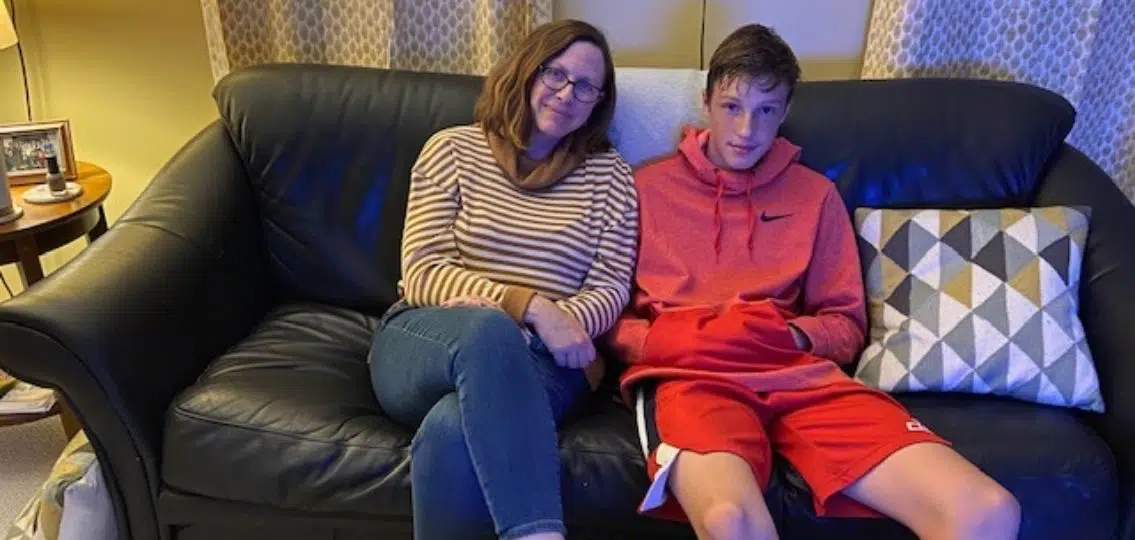“Mom, hurry, it’s about to start!” my son yells from the other room, eagerly awaiting the start of the reality competition show, “The Masked Singer.” I scurry in and settle beside him on the couch. We begin to rehash last week’s episode and make predictions for tonight.
I’ve been searching for ways to engage with my sons—who are more interested in connecting with their friends these days—and I found what I was looking for in reality TV.
Like many families, we’ve watched a lot of TV during the pandemic, and we got hooked on reality competition shows. When we watch “The Masked Singer,” my teenage sons and I work together to outsmart the panelists and determine who the singing celebrities are behind their masks. We also watch “America’s Got Talent,” where the contestants range from outlandish to incredibly skilled performers. Many of the contestants have overcome insurmountable odds to compete and share their emotional stories as we guess who will advance to the next round.
As much as I enjoy bonding with my sons over these shows, I started to wonder why they captivated us.
Robert Thompson, a professor at Syracuse University’s Newhouse School of Public Communications, says, “The appeal is natural, there is automatic drama. You kill off (eliminate) a main character every week.” Audiences get frustrated with shows that leave their viewers with unresolved questions at the end of a season. In reality TV, Thompson points out, “There is a guarantee that there will be a payoff. Someone is going to win at the end.”
Speaking to parents who also watch reality competition shows with their teens, I learned about the popularity of cooking shows like “Chopped,” where contestants are given a basket of random ingredients and are tasked with making a dish. Jessica Adams says her son developed an interest in cooking after watching these shows. “He even used it as prep for dinner,” she says. “As in, ‘What’s for dinner? I don’t know, what ingredients do we have and what can we make with them?’”
Rupal Udeshi and her daughter love watching “Nailed It,” where amateur bakers compete to recreate desserts with varying results. “We have a new appreciation for how hard baking can be, especially when working with fondant,” she says.
Thompson notes, “Reality competition shows tend to be one of the last bastions of family-friendly viewing. Today’s sitcoms and dramas include dicey content that could be uncomfortable to watch as a family. A show like “American Idol” appeals to the 11-year-old as well as the grandmother.”
My 13-year-old son says he likes these shows because, “They don’t require a lot of your attention to know what’s going on and you’re encouraged to talk during the show.” Turns out, I had been missing an opportunity to get inside the brain of my middle schooler.
Each week on “The Masked Singer,” the contestants sing and clues emerge. The panelists make their guesses and sometimes I don’t know who they’re talking about. That’s when my son perks up. The potential singer might be a YouTube or TikTok star he knows all about. He will produce his phone and show me some of their work, demonstrate their strengths and explain why it’s cool they are famous. I’ve learned a lot from these impromptu conversations. If I asked, “What’s new on TikTok today?” I’d expect a shrug or an eye roll instead of the enthusiastic response I get when in context of watching the show.
While there isn’t a mystery to solve, “America’s Got Talent” also opens communication channels. This summer season, my son and I picked our favorite performers. As a former baton twirler, I was rooting for Joel Claudio and his phenomenal twirling skills. I reminisced about my time as a baton twirler and my son asked me which skills I could still do now. (Not many.) I don’t know if I would share my own stories if not prompted by a segment on the show.
Aware of the concerns around screen time for teens, I needed to understand if watching TV shows causes the same issues.
Dr. Clifford Sussman, a child psychiatrist and screen time expert, says that too much TV screen time can cause over stimulation and produce too much dopamine in the brain—leading to addictive behaviors. Dopamine is a neurotransmitter that plays a role in regulating pleasure. Dr. Sussman’s approach to managing dopamine levels is to strike a balance of what teens are doing on screens.
He notes a high dopamine activity (HDA), like playing hours of video games, produces instant and continuous stimulation. Watching TV could also be considered an HDA, but there are ways to make it a lower dopamine experience. He suggests making some adjustments. “Watch one episode of a show as a family and choose a program where there are commercial breaks. Watching live TV shows can be a really healthy choice as a high dopamine activity.”
I’m happy to learn there are healthy ways to watch these shows with my sons. Looking forward to a specific night and time reminds me of when I was a kid and we watched certain shows on the same night each week. We would miss out on the conversation the next day if we missed the episode the night before. If you miss an episode of a reality competition show, you can still reasonably follow along with the show.
For now, I plan to watch reality TV shows for as long as my sons will join me—snuggled up on the couch and rooting for our favorite contestants.




